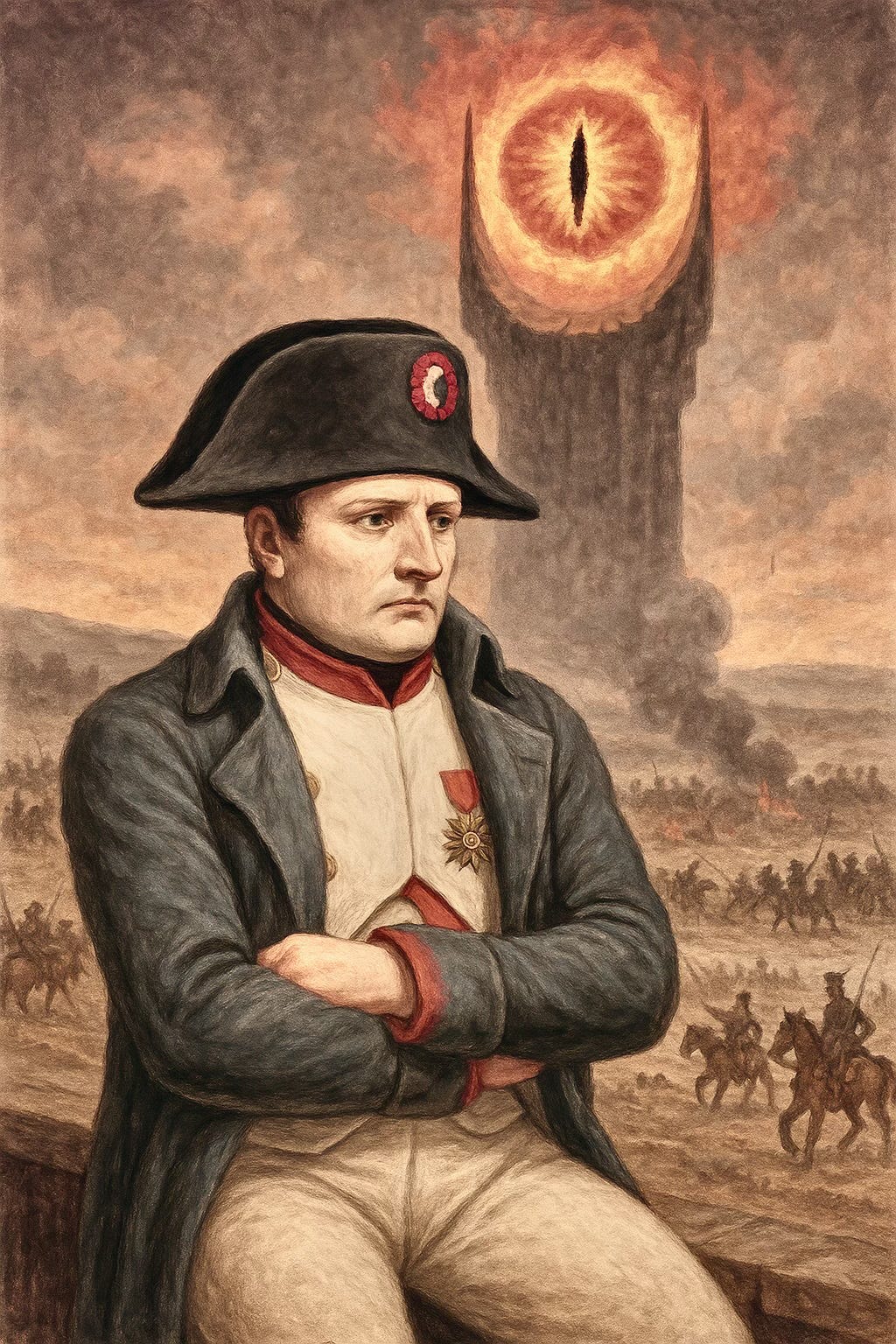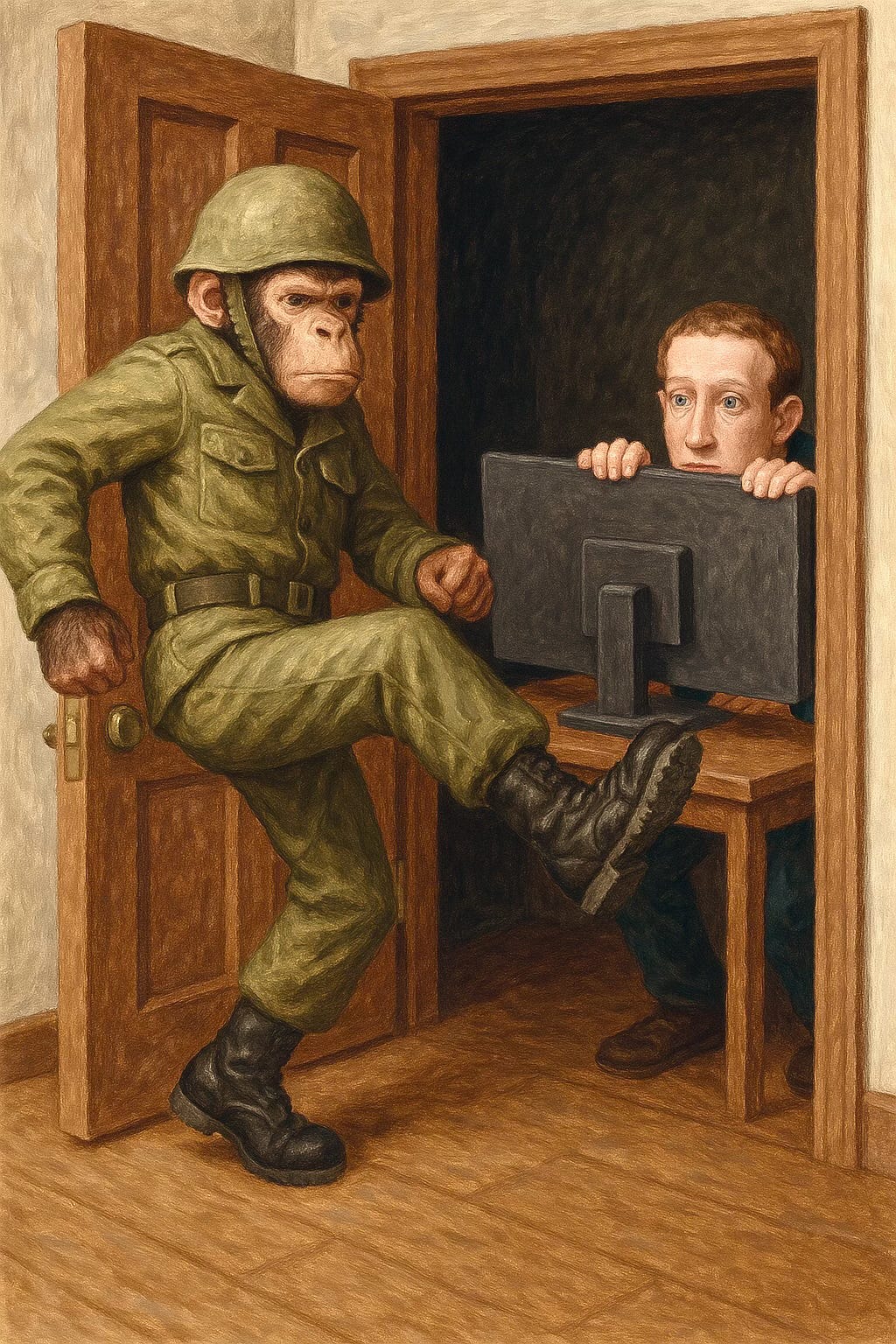I've never been a fan of the phrase "think outside the box."
Not because I'm against creative thinking — I love that stuff. It's just... when was the last time you heard someone use that phrase, and it actually meant something?
Most of the time, it's a cliché tossed into the middle of a discussion, leading to a “bridge to nowhere.” It sounds good, but it doesn't do anything.
So, let's talk about what it should mean.
For the "hip" crowd, thinking outside the box is about breaking free from the rules — ditching norms, defying tradition, and coming up with ideas no one's ever tried. In that mindset, the "box" is the system — the framework — the set of norms most people operate within, whether in business, education, government, or whatever.
In theory, the idea that someone unbound by the usual ways of doing things can offer a fresh perspective sounds good. But that’s not thinking outside the box… that’s reframing.
Also… if you believe you’re going to come in off the street and impart some profound knowledge to folk (such that they’ve never dreamed of) …open your Bible to Ecclesiastes 1:9, stop drinking your own Kool-Aid, and read along… (Can I get an Amen?)
Reframing is not thinking outside the box, but it is a powerful tool. It's not about blowing up the rules — it's about looking at the same situation from a completely different angle. Elon Musk is the perfect example of a leader who knows how to reframe. -put your politics aside for just a sec.; he didn’t become a billionaire by chasing leprechauns…-
At SpaceX, rockets blow up (a lot), and they're not cheap. Most people would say, "If rockets are falling out of the sky (at this rate), something is going terribly wrong." But Musk sees it differently. His take? "If things are not failing, you are not innovating enough."
Same facts — different frame and a perspective that can drive success.
But here's the twist: I think Musk is great at reframing, but I don't think he is an "outside-the-box" thinker. He is disciplined mentally, but not in that way; that's not his strength.
Musk pushes other folks to think outside the box. In other words, understanding how things work is not Elon's strength. His superpower is pushing people, who do understand things, to work harder. He is not an innovator; he is a motivator of those who innovate.
Most true innovators are not outsiders — they are deep insiders who got so good at the game that they stopped thinking about the rules. They know the system inside out, and that's why they can see beyond it. -think Warren Buffet or Jesse Livermore-
Moving away from business, let’s talk about Michael Jordan. I'm a little older, so I remember watching him in his prime. What he could do on a basketball court was art. His vision, timing, awareness — next level. But he wasn't a guy who came in from another sport trying to "disrupt" basketball. He was a basketball player who got so good at the game that he started to bend it to his will.
MJ was "thinking outside the box,"— but he started by learning and then dominating “the box.” Eventually, he transcended it.
Here's the point:
If you want to think outside the box, you must first master the box.
Once you've done that, the box stops being a limit. You're not stuck in it anymore — and you're not just trying to escape it. You've moved beyond it. That's where real innovation happens.
If you need a classic example, read Clausewitz's description of Napoleon. Clausewitz — the old-school war philosopher — described Napoleon as having a “coup d’œil, a French term that roughly means "a glance that sees everything." Not literal vision, but "mental clarity" in the chaos. The ability to see what truly matters when everything's on fire. That's not being a “disrupter.” That's the kind of insight that only comes after total mastery. -Feels like Clausewitz thought that Napoleon-cat was Sauron 👁️ -
With That in Mind… Let’s Stir in Something Else…
In a 2009 interview, Mark Zuckerberg discussed the need to "Move fast and break things." That has become today's favorite tech-bro rallying cry and the mantra of those working with Mr. Musk to downsize government spending.
As I pondered this (which usually takes me longer than most), I realized that Zuckerberg's "move fast and break things" had a distinctly military feel. So, I thought I’d respond to it with another common military saying, to give some context to Zuckerberg, Musk, and others who like to use mil-type terminology while cosplaying manhood...
"Any monkey can kick a door."
That's how a true professional at the art of “applying force” explains the level of expertise and intelligence needed to "move fast and break things.”
"Kicking a door" — breaching a room or a building — sounds cool and aggressive. But when actual military professionals talk about using force, they’re not fascinated by the “act.” They are focused on the intended outcome.
The mindless use of force is the purview of amateurs and idiots.
When young Soldiers get hyped up on the adrenaline rush of “breaking things…” more seasoned Soldiers remind them to “Stay focused on the purpose… any monkey can kick a door.”
In such a situation, professionals work with knowledge, forethought, speed, and precision. It's not about the use of force; it's about whether to breach (or knock), who to kill (or not), who to capture (or not), and what to take (or destroy). WHY are we doing this? WHAT will be the secondary and tertiary effects of this action?
As federal program and job cuts unfold, could the costs of lawsuits, damages, and failed programs outweigh the savings claimed by Mr. Musk?
Ask yourself: Are we deep-thinking professionals, well-versed in government systems, operating with discipline and insight to cut waste? Do we understand the “box” we are dissecting?
Or are we just monkeys, claiming that we are thinking outside the box… and moving fast, to kick doors and break things without even knowing how they work?
Gentlemen (Monsieurs Zuckerberg and Musk et al.), the true mark of a man is whether he can care for and provide for those for whom he has been given responsibility. It is not about whether he is domineering, can break things, and can hire and fire. After all, any monkey can kick a door. 🐒








Very interesting comment you made concerning mastering the box in order to escape the box. That was my frustration as a box master (US Army Institutional Training and Training Management) trying to help novices not break things while making fringe changes. I would say, “Let me show you how to use the bureaucracy to your advantage and make your change your legacy.” But, that was understood as “change is too slow and deliberate and I need a win for my OER this period.” At the end of my career I just gave up trying to teach the box so folks could maybe learn and grow knowing that the cycle of change would circle back in a couple years.